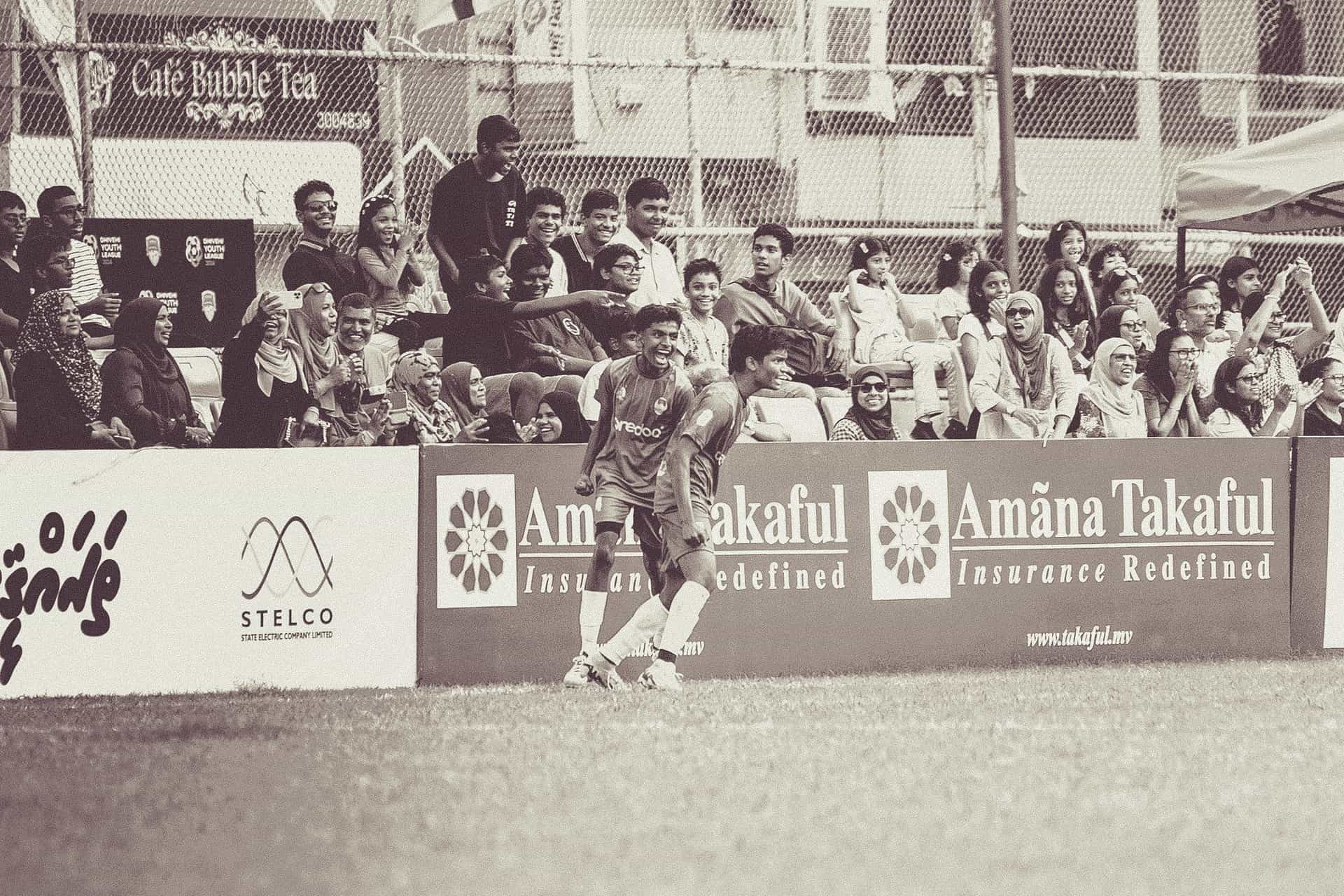
Learning to Accept Defeat in Grassroots Football
In the world of grassroots football, every match is a lesson, but not all lessons are easy to learn. One of the most challenging aspects for young players is accepting defeat, and unfortunately, this struggle is often amplified by a culture that diverts blame onto external factors like referees or other uncontrollable causes. While these reactions may seem natural in the heat of competition, they can have lasting negative impacts on players' growth, both on and off the pitch.
The Cost of Blame Culture
Eroding Personal Responsibility
When losses are consistently attributed to external causes, players miss opportunities to reflect on their own performance. This mindset detracts from personal accountability, hindering their ability to identify areas for improvement. Learning to accept responsibility for both successes and setbacks is a cornerstone of growth in sports and life.
Impact on Referees
Blaming referees for losses has led to an alarming rise in disrespect and abuse toward officials. Studies have shown that this behavior contributes to a decline in the number of referees, threatening the integrity and sustainability of the game. Grassroots football, which relies heavily on community involvement, is particularly vulnerable to this trend.
Stifling Resilience Development
Defeat is an inevitable part of any sport, but it is also an opportunity to build resilience. When players are shielded from the reality of losing or taught to focus on excuses rather than solutions, they miss out on developing the mental toughness needed to face challenges with confidence and determination.
A New Approach, Embracing Accountability
To nurture resilient, sportsmanlike athletes, it’s essential to shift the focus from external blame to self-reflection and growth. Here’s how grassroots football can foster a healthier relationship with defeat:
Encourage Self-Reflection
Coaches should guide players in analyzing their performances after every match. By asking questions like, "What could we have done differently?" and "What did we learn from this game?", they can help athletes turn losses into valuable learning experiences.
Model Positive Behavior
Coaches and parents play a pivotal role in shaping players' attitudes. By demonstrating respect toward referees and opponents, they set a powerful example of how to handle adversity gracefully. A calm and supportive response to unfavorable outcomes speaks volumes.
Educate About Referees’ Role
Helping young players understand the challenges and responsibilities of referees can reduce misplaced blame. Grassroots leagues can organize workshops or talks where players learn about officiating, fostering empathy and respect for officials.
Highlight the Value of Sportsmanship
Creating programs or initiatives that emphasize the importance of sportsmanship can reinforce positive attitudes. Recognizing teams and players who display exceptional integrity, even in defeat, can inspire others to follow suit.
The Bigger Picture
The journey of young athletes is about more than just winning matches; it’s about building character, resilience, and a love for the game. Defeat, while difficult, is an integral part of that journey. By addressing the tendency to deflect blame and encouraging accountability, grassroots football can create an environment where players grow not just as athletes, but as individuals prepared to face challenges with determination and respect.
In the Dhivehi Youth League, this culture of growth and sportsmanship can set a new standard, ensuring that every loss is seen not as a setback, but as a stepping stone toward greatness. Let’s create a game where every player learns the true meaning of resilience and the value of embracing both victory and defeat.